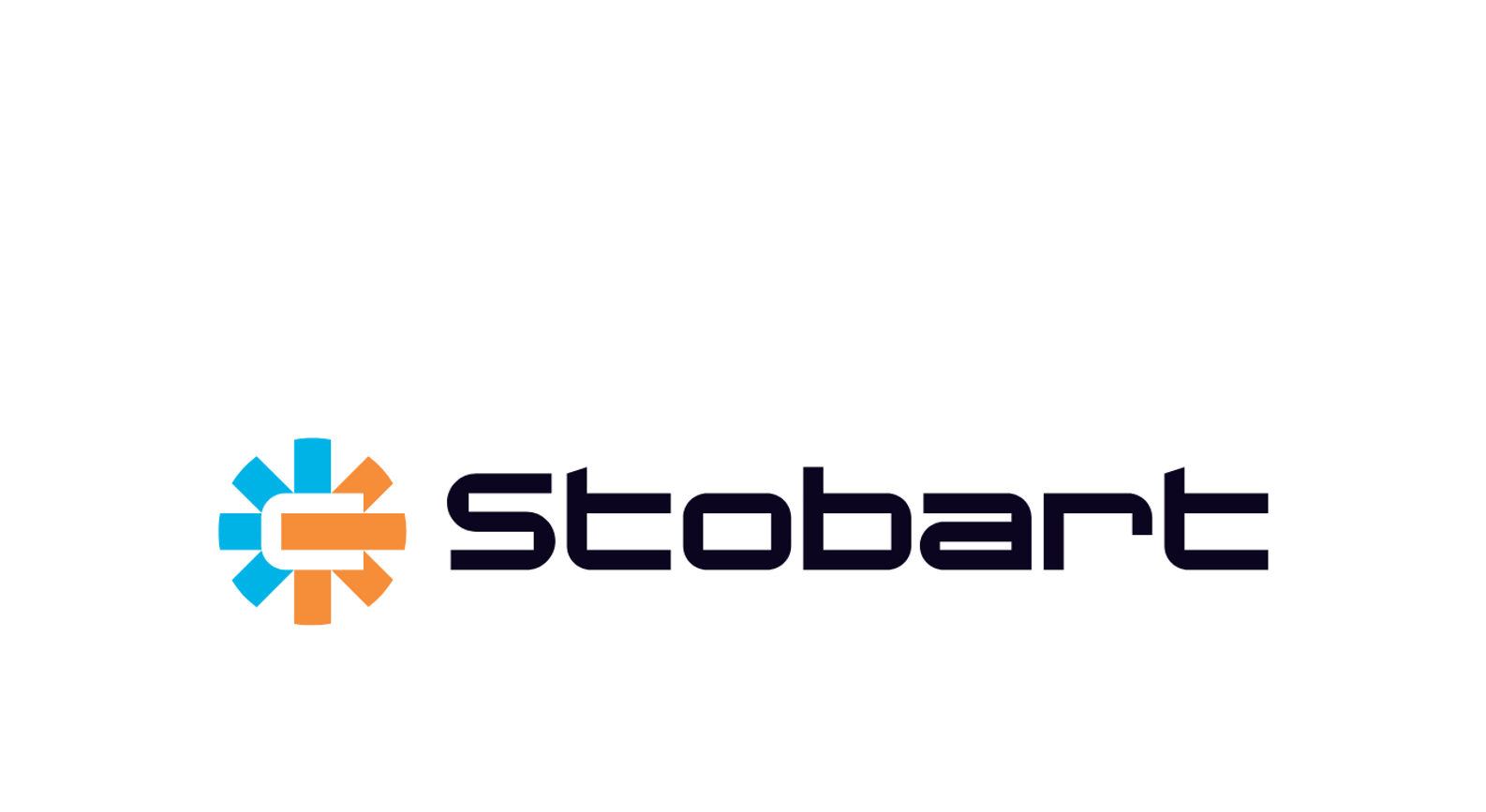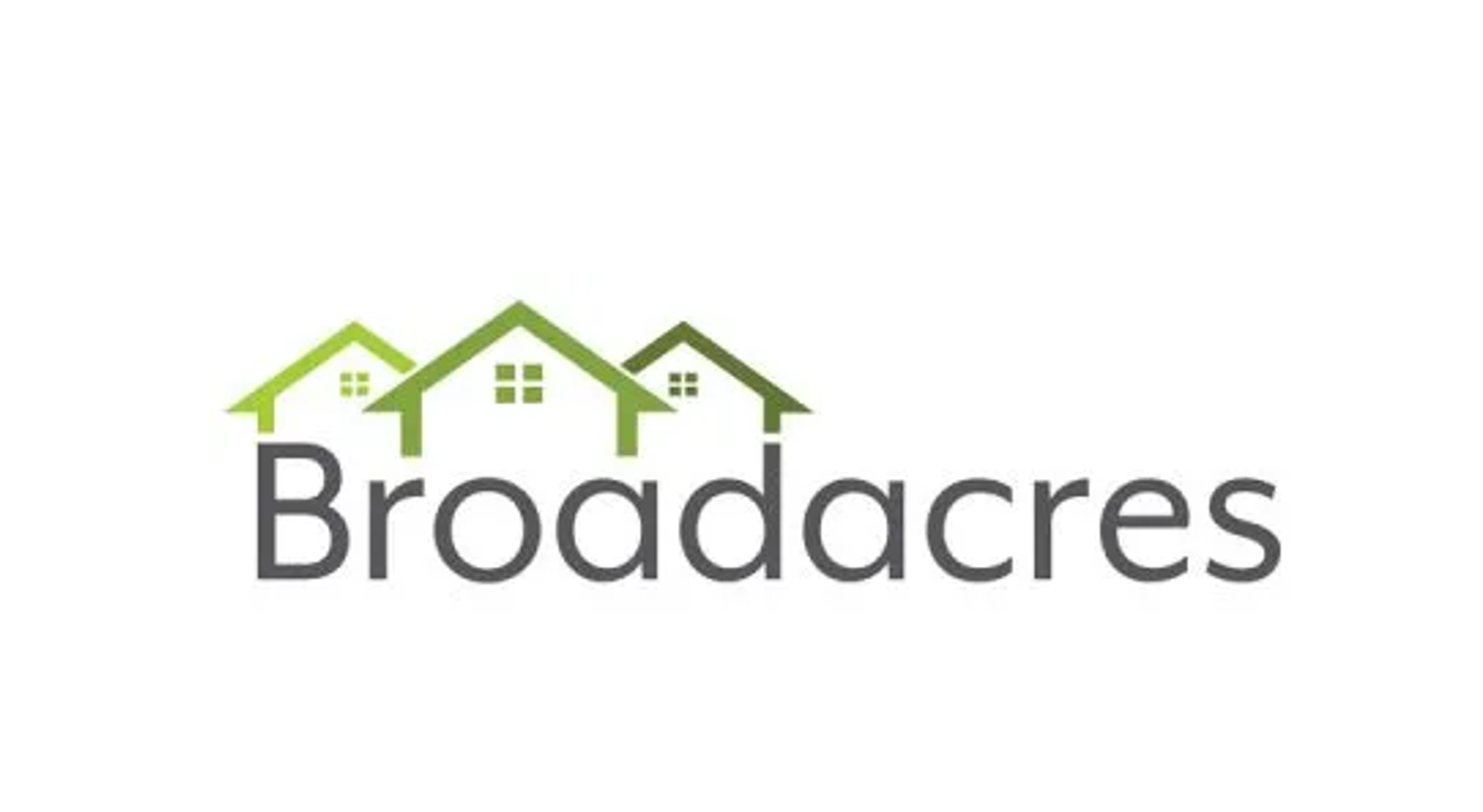Funding for You
Every so often we come across grants or funding applications that aren’t appropriate for us, but which those we work with could apply to. If you can’t get involved with our Community Pot, there may be an alternative funding opportunity listed below that can help you roll out Carbon Literacy training to your audience.
The Scott Bader Commonwealth Global Charity Fund
The Scott Bader Commonwealth Global Impact Fund is a £100,000 funding programme designed to support four projects from anywhere across the world. The fund will award four grants of £25,000 to projects delivering meaningful and sustainable change. The projects in this category must focus on at least one of the following areas: education, environment or poverty.
The Wixamtree Trust is dedicated to supporting charitable initiatives primarily within Bedfordshire, where the Trustees focus their grant-making efforts. Additionally, the Trust extends its support to a small number of national charities associated with its main benefactor during his lifetime. Organisations seeking assistance must be based or operating within Bedfordshire and must be registered charities or deemed charitable by the Inland Revenue.
Grant amounts typically range from £1,000 to £10,000, with occasional exceptions. Grants exceeding 10% of an organisation’s annual running costs or project expenses are rare.
Grants for Good is funded by the John Good Group and is designed to direct funding only to small and growing local charities, voluntary groups or social enterprises that are making a big impact on communities, people or the environment. The Grants for Good Fund awards £60,000 of small charity funding annually between twenty non-profit organisations.
The Hadrian Trust is a charitable organisation dedicated to improving the lives of people in the North East of England, including Tyne and Wear, Northumberland, Durham, and Hartlepool. The Trust allocates grants to charities and groups working in areas such as social welfare, youth development, disability and elderly care, women’s rights, ethnic minorities, education, the arts, and environmental projects. Eligible projects typically support disadvantaged communities, promote equality, and enhance social inclusion.
The Britford Bridge Trust is a family foundation that gives grants that support the advancement of education, culture, heritage and science, the protection of the environment and the relief of those in need. The Trust prioritises projects with national and international relevance, focusing on areas such as poverty prevention, education advancement, health improvement, and arts and science promotion. Applications from overseas charities and medical research initiatives are not considered due to existing support arrangements.
Applicants must have national or international reach with regional consideration given to projects in Dorset and Cambridge areas only.
The Shears Foundation awards grants of between £3,000–£6,000 to charitable organisations working in priority areas including culture and the arts, education, the environment, community development, and health (excluding hospices). The foundation prioritises projects in Tyne & Wear, Northumberland, and increasingly in Harrogate, York, Bradford, and Greater Manchester, supporting both project and core costs but not capital projects.
The Carbon Literacy Community Pot
The Community Pot is dedicated to improving access to Carbon Literacy training for low-income and underrepresented groups. This initiative focuses on supporting community groups, charities, and schools that may struggle to afford the costs associated with initiating Carbon Literacy training.
Since the beginning of 2024, the Community Pot has provided the equivalent of £31,000 in funded services to 18 organisations. These grants covered various services, including course accreditation, certificate applications, toolkit access, and support for Carbon Literacy initiatives.
Check out our Community Pot page where funding rounds are advertised throughout the year, or subscribe to our newsletter for monthly updates and future opportunities.
The Stobart Sustainability Fund
The Stobart Sustainability Fund is a UK wide funding opportunity designed to support community led sustainability and environmental projects. It is open to community groups, educational facilities (including schools and colleges) and small businesses with initiatives that help tackle climate change, reduce carbon emissions, or protect and enhance the environment.
This fund reflects Stobart’s commitment to sustainability and to helping others make a positive environmental impact. It is particularly relevant for organisations looking to expand or enhance climate focused activities including community education, action based projects, or resources that empower local climate action.
For over 25 years, Scotland’s Community Foundation has been committed to strengthening communities throughout Scotland, helping them take action, create positive change, and achieve lasting impact. Their vision is to foster confident, thriving, and resilient communities across the country, ensuring that each community is equipped to support its own needs and aspirations. The Foundation is dedicated to providing the necessary support to enable communities to shape their own futures.
The Sustainability Fund, launched by Broadacres, offers grants to support local projects that benefit the environment and promote sustainable development within communities. Grants of up to £500 are available, with the possibility of up to £1,000 for exceptional cases. Eligible projects include those focused on protecting wildlife habitats, promoting tree planting, facilitating community gardening for fruits and vegetables, and creating outdoor spaces for communal use.
UK Community Foundations (UKCF) is a national network comprising accredited community foundations across the United Kingdom. This network serves as a unifying platform for individuals and organisations committed to enhancing their communities through philanthropy and collaborative efforts. UKCF’s member foundations work locally to address diverse community needs, leveraging their expertise to facilitate effective grant-making, community engagement, and capacity-building initiatives.
The Garfield Weston Foundation is a family-founded grant-maker that donates around £100 million annually to support a wide range of charities across the UK. The foundation funds organisations that make a positive impact in various sectors, including welfare, youth, community, environment, education, health, arts, heritage, and faith.
The Ibrahim Foundation operates a dynamic grant-making programme aimed at supporting transformative initiatives across the UK. The foundation places a strong emphasis on community impact, preferring projects that enhance social capital, promote environmental stewardship, strengthen nonprofit infrastructure, and support families in achieving self-sufficiency. While there are no specific focal areas, the foundation values initiatives that empower local communities and address pressing social and environmental challenges effectively.
The Marsh Charitable Trust focuses on providing crucial funding to small organisations, particularly for covering essential running costs such as volunteer expenses, training days, equipment maintenance, and other core outgoings. The Trust focuses on long-term core funding for small organisations, helping with essential running costs like volunteer expenses and equipment maintenance.
The National Lottery Community Fund
National Lottery Awards for All England is a community grant programme funded by proceeds from the National Lottery. This initiative supports a wide range of community projects across England, with grants ranging from £300 to £20,000 for projects lasting up to two years. The grants are designed to bring people together, enhance community spaces, help individuals reach their potential, and support communities facing increased challenges due to the cost-of-living crisis.
Eligible applicants include voluntary or community organisations, and projects must benefit local communities.
Applications are accepted on a rolling basis, but it is recommended to apply at least 16 weeks before you plan to start your project or use the funds.
(*Please note: Availability of the program may vary depending on your location within England).
Bags of Help is Tesco’s local community grant scheme where the money raised by the carrier bag charge in Tesco stores is being used to fund thousands of community projects across the UK*. The projects must meet the criteria of bringing benefits to the community.
Bags of Help is administered by Groundwork which is working with Greenspace Scotland to support successful projects in Scotland.
The 29th May 1961 Charitable Trust is a grantmaking organisation dedicated to supporting UK registered charities or exempt organisations across the Midlands, with a particular focus on Coventry and Warwickshire, however groups across the UK are regularly funded.
The Syder Foundation, a family foundation based in Berkshire, UK, annually awards grants to registered charities across diverse charitable purposes. The foundation focuses on supporting regional charities located primarily in Berkshire and surrounding counties. Large grants, totaling between £300,000 and £400,000 annually, are typically around £50,000 each and preferably allocated to capital projects, with exceptions made for exceptional programmes or projects.
The Leonard Laity Stoate Charitable Trust
The Leonard Laity Stoate Charitable Trust provides grants primarily to organisations within specific categories and geographical areas. While the Trust has a particular interest in Methodism, it considers applications from all charitable categories. Preference is given to organisations registered as charities in England and Wales, or those exempt from registration, such as established churches. Other organisations must be small-scale, demonstrate a clear charitable purpose, be non-profit, and operate entirely on a voluntary basis. Innovative projects with significant self-help or voluntary input are favoured.


















